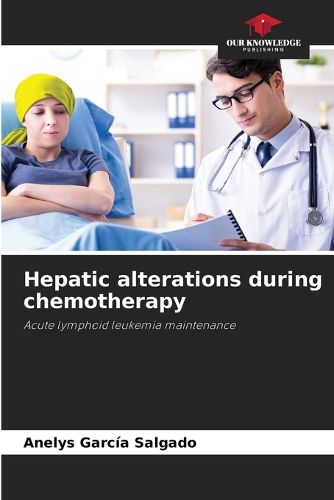Readings Newsletter
Become a Readings Member to make your shopping experience even easier.
Sign in or sign up for free!
You’re not far away from qualifying for FREE standard shipping within Australia
You’ve qualified for FREE standard shipping within Australia
The cart is loading…






Acute lymphoid leukemia (ALL) is a malignant disorder characterized by uncontrolled clonal growth and proliferation of immature lymphoid cells of B or T lineage. These leukemic cells invade the bone marrow and spread to the peripheral blood, spleen, lymph nodes and other tissues and become clinically detectable. The origin of this disease is still unknown, however, it is associated with genetic and environmental factors such as exposure to ionizing radiation, chemical agents and alkylating agents. It is the most frequent malignant disease in childhood (80% of all leukemias in children) with an annual incidence of 2-3 cases per 100,000 children.hepatotoxicity is a frequent cause of treatment discontinuation in the maintenance phase of acute lymphoid leukemia. This discontinuation of treatment increases the possibility of hematologic relapse by up to 10%.
$9.00 standard shipping within Australia
FREE standard shipping within Australia for orders over $100.00
Express & International shipping calculated at checkout
Acute lymphoid leukemia (ALL) is a malignant disorder characterized by uncontrolled clonal growth and proliferation of immature lymphoid cells of B or T lineage. These leukemic cells invade the bone marrow and spread to the peripheral blood, spleen, lymph nodes and other tissues and become clinically detectable. The origin of this disease is still unknown, however, it is associated with genetic and environmental factors such as exposure to ionizing radiation, chemical agents and alkylating agents. It is the most frequent malignant disease in childhood (80% of all leukemias in children) with an annual incidence of 2-3 cases per 100,000 children.hepatotoxicity is a frequent cause of treatment discontinuation in the maintenance phase of acute lymphoid leukemia. This discontinuation of treatment increases the possibility of hematologic relapse by up to 10%.